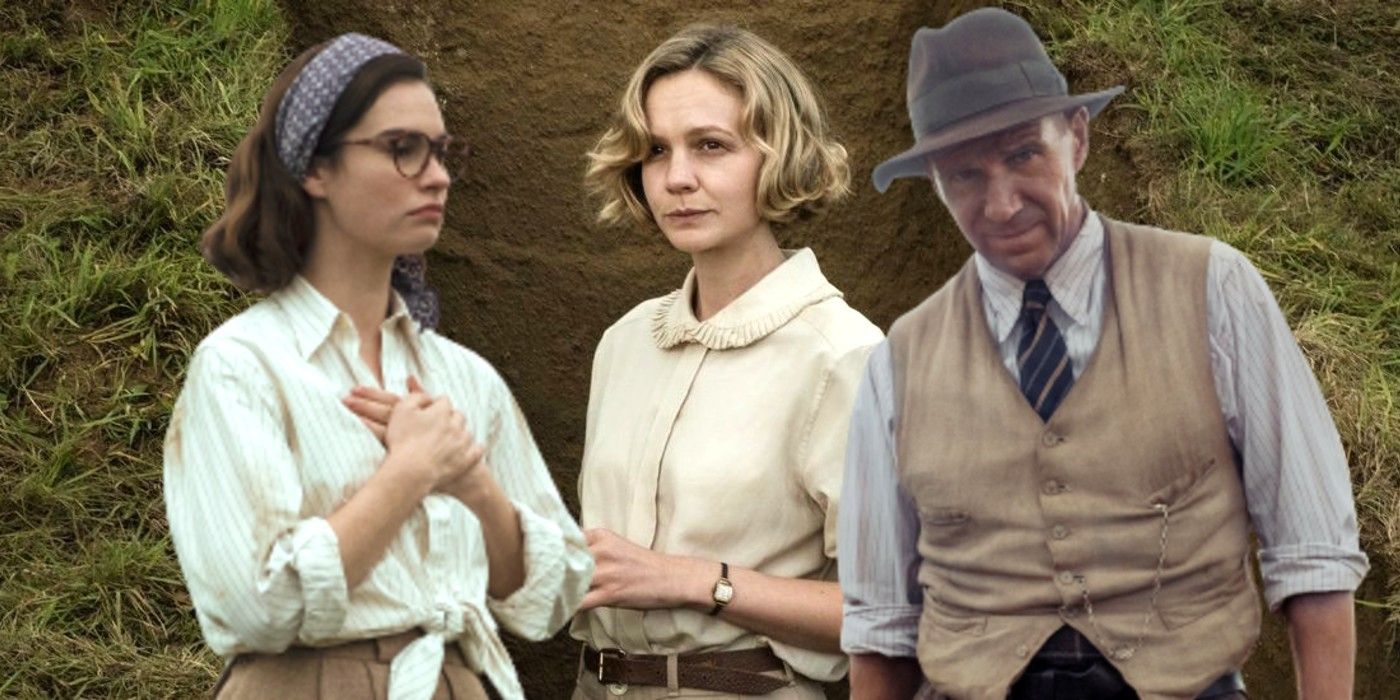The Last Station offers an intimate glimpse into the final days of the legendary Russian author Leo Tolstoy. Set in the early twentieth century, the film explores the complex relationships that defined the end of his life, particularly the tension between Tolstoy and his devoted wife Sophia. As Tolstoy becomes increasingly devoted to his ideals and spiritual pursuits, Sophia struggles to maintain control over the family estate and safeguard her husband’s legacy. This delicate balance between personal desire and public responsibility forms the heart of the narrative.
Christopher Plummer delivers a masterful performance as Tolstoy, capturing the author’s passionate intensity, vulnerability, and unwavering dedication to his beliefs. Helen Mirren equally impresses as Sophia, portraying a woman torn between love, duty, and frustration with the man she has shared her life with for decades. Their on-screen chemistry brings depth to the film, allowing audiences to feel the emotional weight of the choices that shaped Tolstoy’s final months.
Director Michael Hoffman weaves history, drama, and human emotion seamlessly, creating a story that is both educational and profoundly moving. The film examines broader themes such as mortality, legacy, and the conflict between private life and public persona. Beautifully shot scenes of the Russian countryside add a visual richness that complements the intricate character dynamics, immersing viewers in the period’s social and cultural atmosphere.
Ultimately, The Last Station is more than a biographical account; it is a meditation on love, loyalty, and the pursuit of ideals. It challenges audiences to consider the sacrifices inherent in following one’s convictions and the emotional costs borne by those closest to visionary figures. With stellar performances and a heartfelt story, The Last Station stands as a poignant cinematic tribute to one of literature’s greatest minds.



-1751696321-q80.webp)